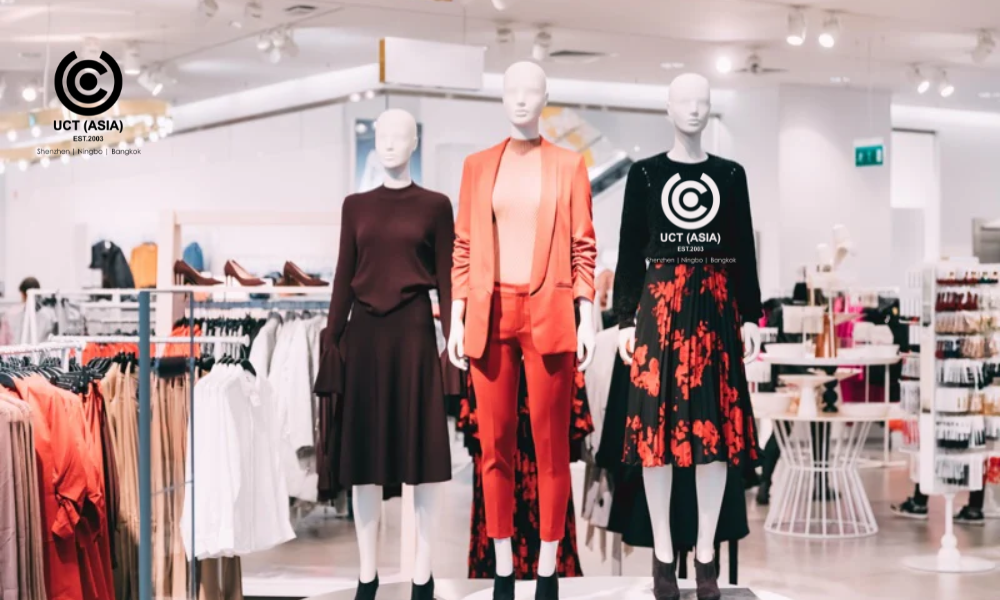The Rise of Sustainable Clothing Merchandise: How Eco-Friendly Fashion is Changing the Industry

Sustainable fashion is on the rise as both brands and consumers recognize the environmental impact of conventional clothing production. As awareness about waste, pollution, and labor ethics grows, many companies actively seek methods to source and manufacture products that reflect eco-friendly values.
The Problem with Traditional Clothing Merchandise
The fashion industry has a long-time reputation for consuming a lot of resources and creating so much waste. Think about all the synthetic materials and the excessive amounts of water it takes to make clothes – it definitely takes a toll on our environment.
Additionally, fast fashion has contributed to issues like piles of textile waste and unfair working conditions. That’s why more and more people are calling for a smarter, more responsible approach to how we make and wear clothes.
How Eco-Friendly Merchandise is Changing the Industry
With sustainability becoming a key focus, brands are embracing new practices to reduce their environmental footprint. This includes the use of organic and recycled materials, ethical sourcing, and innovative production strategies that minimize waste. Companies are also prioritizing transparency, ensuring that consumers and partners can trace the origins of their products.
Key Trends in Sustainable Clothing Merchandise
1. Organic and Recycled Fabrics
Brands are moving toward materials like organic cotton, hemp, and recycled polyester, which require fewer resources and reduce environmental harm.
2. Eco-Conscious Production Processes
Sustainable manufacturing methods, such as waterless dyeing and low-impact printing, are gaining popularity. These techniques help lower carbon emissions and reduce chemical pollution.
3. Circular Fashion Models
More companies are embracing circular fashion by designing products that can be repaired, reused, or recycled. Some brands even offer take-back programs to encourage responsible disposal.
4. Ethical Labor Practices
Beyond environmental concerns, sustainability also extends to fair wages and safe working conditions. Many brands now partner with certified ethical factories to ensure responsible production.
Why Brands Are Investing in Sustainable Merchandise
Is this shift towards sustainability just about environmental responsibility?
No! It also makes sense business-wise.
Consumers are increasingly drawn to brands that prioritize ethical and eco-friendly practices. Companies that invest in sustainable clothing merchandise can enhance their brand reputation, attract conscious consumers, and align with evolving industry standards.
The Future of Sustainable Fashion
As technology and innovation continue to evolve, a world of possibilities opens up for sustainable fashion merchandise. The industry is moving toward greater efficiency and accountability, from biodegradable fabrics to AI-powered supply chain tracking.
For brands looking to source and manufacture sustainable clothing, now is the time to embrace these changes and join the growing movement toward a more responsible fashion industry.
Partner with UCT (Asia) for Sustainable Merchandise Solutions
Sourcing and manufacturing sustainable clothing merchandise requires the right expertise and reliable supply chain partners. As a committed branded merchandise agency, we take pride in helping brands create high-quality, eco-friendly products that align with modern sustainability standards.
From organic fabrics to ethical production methods, we ensure your merchandise meets consumer expectations and environmental commitments. Get in touch with us today to explore tailored solutions for your brand.

